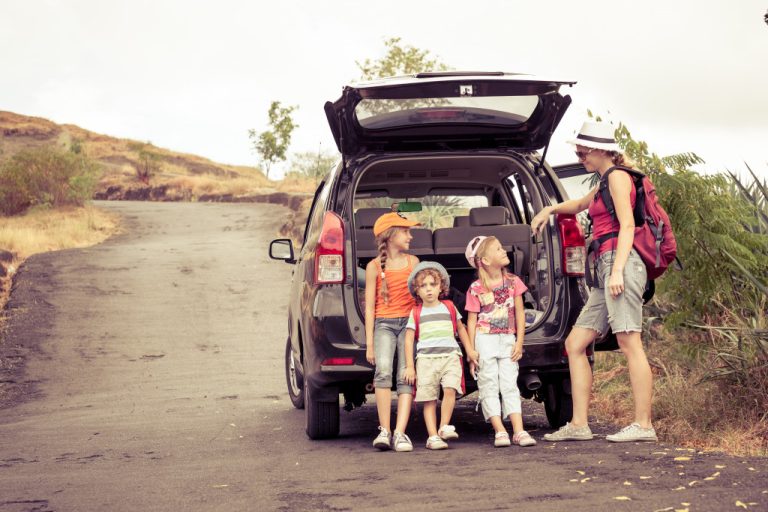Summertime means road trips for many people. In the United States, it’s estimated that 206 million Americans are planning to go on a road trip. It’s one of the favorite American pastimes because it’s an opportunity to explore new places, visit old friends, and create memories that will last a lifetime.
However, road trips can also be dangerous. In 2016, there were over 37,000 fatal car accidents in the United States. This is why it’s essential to take steps to improve the safety of your next road trip.
While these can be a lot of fun, there are ways to make them even more enjoyable and safe. In this article, we will discuss five ways to improve the safety of your next road trip.
Take a Driving Course
Learning is all about improving, and this is the same for driving. One of the best ways to improve your safety on the road is to take a DMV-approved driver improvement course. These courses are designed to help you refresh your driving skills and knowledge. They can also help you learn about new traffic laws and how to be a better defensive driver.
These courses cover a variety of topics, including:
- How to handle your vehicle in different weather conditions
- How to share the road with other vehicles, including large trucks
- How to deal with aggressive drivers
- What to do if you’re involved in a minor collision
In addition, taking a driving course can also help you save money on your car insurance. Most insurance companies offer discounts for drivers who have completed a driving course.

Check Your Vehicle
One of the best ways to avoid problems while on a road trip is to ensure your vehicle is in good working order before leaving. This means checking your oil level, tire pressure, and cooling system. You should also ensure your headlights, taillights, and turn signals are all working properly.
Creating an emergency kit for your car is also a good idea. This should include a first-aid kit, jumper cables, a flashlight, and a blanket. It’s also good to bring extra non-perishing food, just in case. This way, if you do have car trouble, you’ll be prepared.
Plan Your Route in Advance
One of the best ways to stay safe on a road trip is to plan your route. This way, you’ll know exactly where and how to get there. You can use online mapping tools or pick up a paper map from your local gas station or AAA office.
When planning your route, be sure to take into account rest stops, gas stations, and restaurants. This way, you can plan your trip so that you’re not driving for long periods without a break.
Also, be sure to avoid roads that are known to be dangerous. If possible, take the interstate instead of back roads. Back roads are more likely to have poor lighting and less traffic, making them more dangerous.
Drive defensively
Defensive driving is about being aware of your surroundings and other drivers on the road. It’s important to always assume that other drivers are not paying attention or could be intoxicated.
You should always give yourself plenty of space between your car and the car in front of you. This will give you time to stop if the car in front of you suddenly brakes.
You should also avoid tailgating, which is when you follow too closely behind another car. Tailgating is not only dangerous, but it’s also illegal in most states. To avoid tailgating, you’ll have to practice patience. Also, be aware of the space between you and the car in front of you. Additionally, if someone is tailgating you, try to pull over and let them pass. If they don’t pass, call the police.
Know the Signs of Fatigue
Fatigue can be just as dangerous as drunk driving. The worse part is that fatigue driving is more common during road trips.
Some of the signs of fatigue include:
- Yawning or rubbing your eyes frequently
- Daydreaming or having trouble keeping your eyes open
- Drifting into other lanes or hitting the rumble strips on the side of the road
- Feeling irritable or angry
If you start to feel any of these signs, taking a break is essential. Pull over at the next rest stop and nap or have a cup of coffee. It’s also essential to ensure you’re getting enough sleep before starting your trip.
Road trips can be fun, but they can always be dangerous. However, by following these tips, you can help ensure that your next road trip is safe











